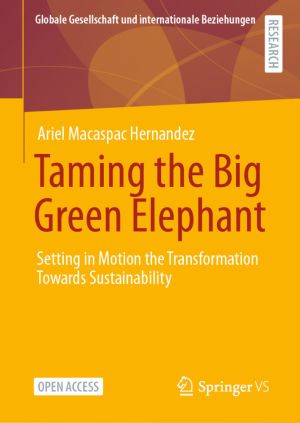
In this open publication it is shown, that sustainable low carbon development is a transformative process that constitutes the shifting from the initially chosen or taken pathway to another pathway as goals have been re-visited and revised to enable the system to adapt to changes. However, shifting entails transition costs that are accrued through ...
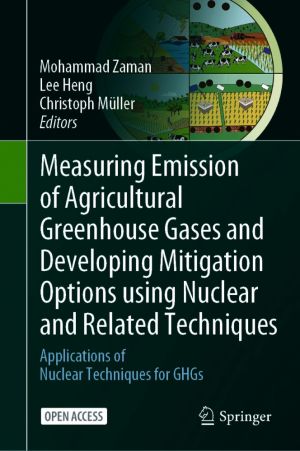
This open book is an outcome of the collaboration between the Soil and Water Management & Crop Nutrition Section, Joint FAO/IAEA Division of Nuclear Techniques in Food and Agriculture, Department of Nuclear Sciences and Applications, International Atomic Energy Agency (IAEA), Vienna, Austria, and the German Science Foundation research unit DASI...

This open book analyzes the transition toward a low-carbon energy system in Europe under the aspects of flexibility and technological progress. By covering the main energy sectors - including the industry, residential, tertiary and transport sector as well as the heating and electricity sector - the analysis assesses flexibility requirements in a c...
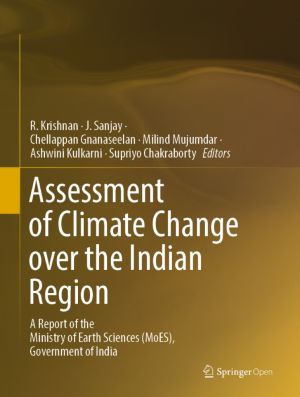
This open book discusses the impact of human-induced global climate change on the Indian subcontinent and regional monsoon, the adjoining Indian Ocean and the Himalayas. It also examines the regional climate change projections based on the climate models used by the IPCC Fifth Assessment Report (AR5) and national climate change modeling studies usi...
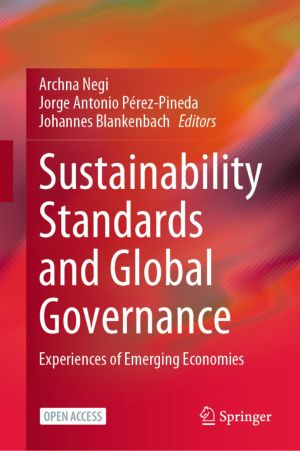
This open book focuses on the issue of sustainability standards from the perspective of both global governance frameworks and emerging economies. It stems from the recognition that the accelerated pace of economic globalization has generated production and consumption patterns that are generating sustainability concerns. Sustainability standards (a...
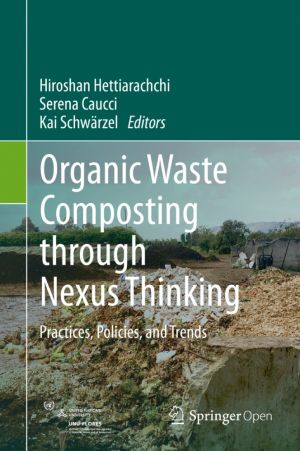
Organic waste composting is another excellent example to demonstrate the power and the benefits of nexus thinking. Even though organic waste composting itself is not a new topic, those who want to start a new project or align an ongoing project with nexus thinking, find it difficult to gather the necessary information. With nine case studies from f...
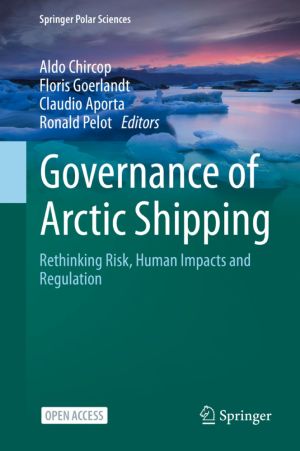
This open book is a result of the Dalhousie-led research project Safe Navigation and Environment Protection, supported by a grant from the Ocean Frontier Institute's the Canada First Research Excellent Fund (CFREF). The book focuses on Arctic shipping and investigates how ocean change and anthropogenic impacts affect our understanding of risk,...
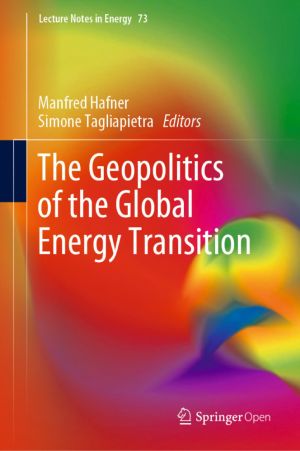
The world is currently undergoing an historic energy transition, driven by increasingly stringent decarbonisation policies and rapid advances in low-carbon technologies. The large-scale shift to low-carbon energy is disrupting the global energy system, impacting whole economies, and changing the political dynamics within and between countries.This ...
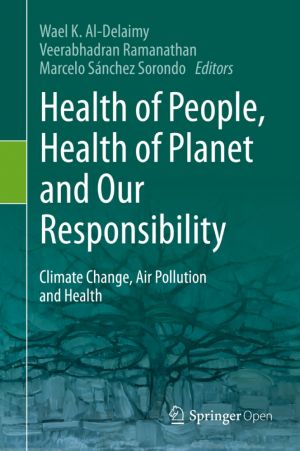
This open book not only describes the challenges of climate disruption, but also presents solutions. The challenges described include air pollution, climate change, extreme weather, and related health impacts that range from heat stress, vector-borne diseases, food and water insecurity and chronic diseases to malnutrition and mental well-being.The ...
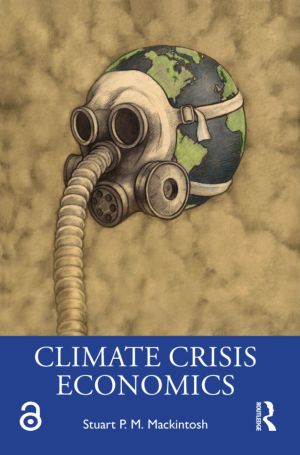
Climate Crisis Economics draws on economics, political economy, scientific literature, and data to gauge the extent to which our various communities - political, economic, business - are making the essential leap to a new narrative and policy approach that will accelerate us towards the necessary transition to a decarbonized economy and sustainable...
